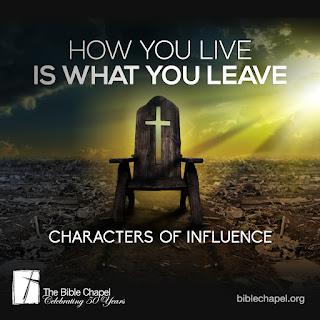https://en.wikipedia.org/wiki/Josiah: Josiah or Yoshiyahu (/dʒoʊˈsaɪ.ə/ or /dʒəˈzaɪ.ə/; Hebrew: יֹאשִׁיָּהוּ, Modern Yoshiyyáhu, Tiberian Yôšiyyāhû, literally meaning "healed by Yah" or "supported of Yah"; Latin: Iosias; c. 649–609 BCE) was a king of Judah(641–609 BCE), who according to the Hebrew Bible, instituted major religious changes. Josiah is credited by most historians with having established or compiled important Hebrew Scriptures during the "Deuteronomic reform" that occurred during his rule.
Josiah became king of Judah at the age of eight, after the assassination of his father, King Amon, and reigned for thirty-one years, from 641/640 to 610/609 BCE.
He is also one of the kings mentioned in one of the two divergent genealogies of Jesus in the New Testament.
According to the Hebrew Bible, in the eighteenth year of his rule, Josiah ordered the High Priest Hilkiah to use the tax money which had been collected over the years to renovate the temple. It was during this time that Hilkiah discovered the Book of the Law. While Hilkiah was clearing the treasure room of the Temple he discovered a scroll described as "the book of the Law"[5] or as "the book of the law of Yahweh by the hand of Moses". The phrase "the book of the Torah" (ספר התורה) in 2 Kings 22:8 is identical to the phrase used in Joshua 1:8 and 8:34 to describe the sacred writings that Joshua had received from Moses. The book is not identified in the text as the Torah and many scholars believe this was either a copy of the Book of Deuteronomy or a text that became a part of Deuteronomy.
Hilkiah brought this scroll to Josiah's attention. Josiah consulted the prophetess Huldah, who assured him that the evil foretold in the document for nonobservance of its instructions, would come, but not in his day; "because," she said, "thine heart was tender and thou didst humble thyself before the Lord." An assembly of the elders of Judah and Jerusalem and of all the people was called, and Josiah then encouraged the exclusive worship of Yahweh, forbidding all other forms of worship. The instruments and emblems of the worship of Baal and "the host of heaven,"were removed from the Jerusalem Temple. Local sanctuaries, or High Places, were destroyed, from Beer-sheba in the south to Beth-el and the cities of Samaria in the north.Josiah had pagan priests executed and even had the bones of the dead priests of Bethel exhumed from their graves and burned on their altars. Josiah also reinstituted the Passover celebrations.











No comments:
Post a Comment